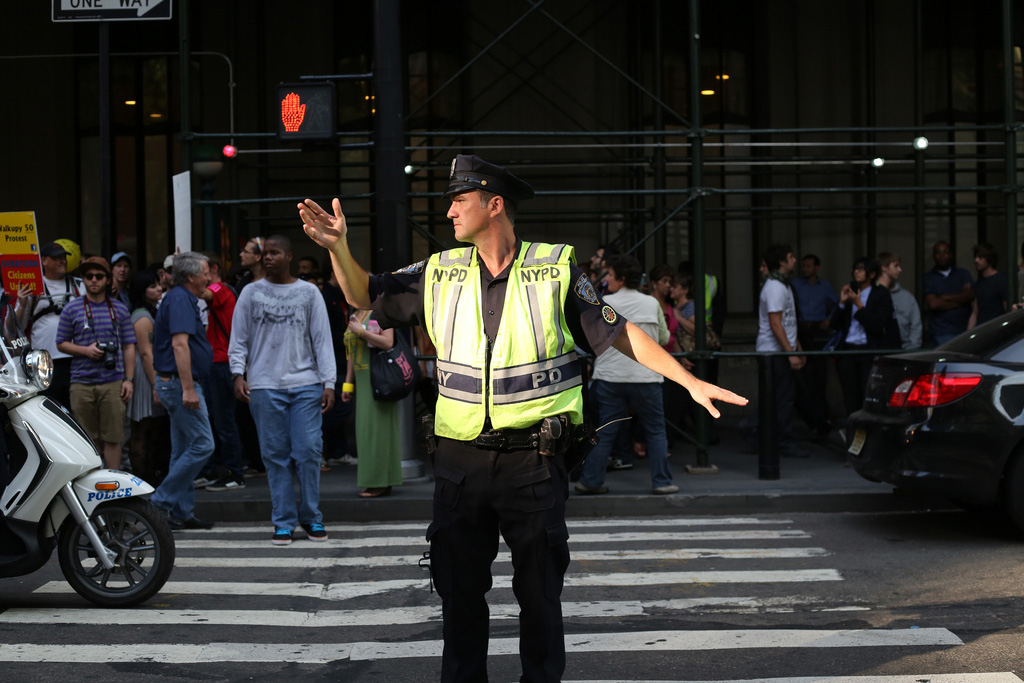By ‘Majirata Latela
Local journalist Kananelo Boloetse and Advocate Lintle Tuke say they are more than ready to stand the tide in the Court of Appeal where the state is challenging the Constitutional Court’s judgment nullifying the recent recall of parliament Assembly and the declaring of a state of emergency.
The court earlier this week had ruled that the Recall of the Tenth Parliament Notice in terms of which the dissolved parliament was recalled to pass two Bills was beyond the powers of the King; in addition, the recalled parliament had no constitutional authority to debate and pass the two Bills.
The state has since appealed the judgement on the grounds that the Constitutional Court had erred in interrogating the merits that informed the declaration of the state of emergency.
According to court papers, the state argues that the Constitutional Court “attracted judicial overreach and consequent violation of the separation of powers doctrine.”
It adds: “The court erred and/or misdirected itself in concluding that it had jurisdiction to interrogate and/or probe polycentric issues that informed the recall of parliament.
“The court erred and/or misdirected itself by failing to weigh public interest dynamics as against the alleged breaches of the constitution.”
Speaking at a press conference in Maseru on Wednesday, Boloetse proclaimed that he and Tuke are still going to win the appeal “because it is constitutionally clear that there was no state of emergency.”
He said an expunging of the critical amendments in the Omnibus Bill is one of the reasons that prompted him to also want to challenge the state of emergency.
“If there was really a state of emergency then there was no need to form a consensus to agree that that there is state of emergency. Reforms have no deadline and after the elections there is still time to have conversations on the Omnibus Bill since the 10th parliament collapsed before passing the Bill,” he said.
Media Institute of Southern Africa (MISA) Lesotho chapter chairperson, Nkoale Oetsi Tšoana also showed that MISA Lesotho is totally weighing in on Boloetse and Advocate Tuke on the historic court battle. He said this is because when MISA went to file the same case, they found that the two had already lodged the fight in court.
Tšoana further stated that MISA was on the forefront of the media reforms and is also aware of the amendments that were removed from the Omnibus Bill. He said MISA is well aware that people who destroyed the media reforms have their own agenda and that the organisation was highly supportive of the two applicants.
“The nation has indicated that there is need for media reforms and the National Assembly is clear that they still need full control of the media and do not want freedom of the press. We have heard from the peripheries that some of the financial supporters of MISA are threatening to withdraw their support if MISA continues to support the case.
“We will not sell our souls just for money. We are here to stand for what is right for us as the media personnel. We will go by the principle and will not the detached from what we believe is the right thing to do,” Tšoana pointed out.
Advocate Tuke who is also the deputy chairperson of Law Society and was also in the National Reforms Authority (NRA) said after the publishing of a gazette recalling the National Assembly she scrutinized the law to establish whether such a recall was compliant with the constitution.
The Lower House was recalled to pass the two Bills following its dissolution.
“Looking at Constitutional Act section 23(1) is very clear on how dissolved parliament can be recalled. It shows only two reasons which are; when there is a war or when there is a state of emergency that threatens the life of the nation. Those are the only reasons why parliament can be recalled.
“When that parliament has been recalled it has to make resolutions that deal with the state of emergency. And the Prime Minister (Majoro) and his cabinet have clearly shown that there was no state of war but there two bills that were not passed had created state of emergency.
“This matter was strictly a legal matter to me and when I looked at the reasons that the King cited and directed parliament to work on during the time it was recalled, I found that those reasons are not inline with the Constitution. Looking at section 78 of the Constitution it gives parliament the power to make law under normal circumstances but during the state of emergency parliament is not allowed to make any laws but rather to concentrate on the state of emergency.
“After studying all this I then drafted an urgent application to the high court saying the court should declare the state of emergency by Prime Minster to be unconstitutional and also declare the recalling of the dissolved parliament unconstitutional especially because he directed parliament on what it should do.
“When I filed my case, I also realized that Parliament had already had its first sitting, that is when I included in my prayers that all the laws that will be enacted during that time be declared unconstitutional. This was because I looked that recalled parliament does not have the powers to make and enact laws,” Tuke said.
He added that when filing his case, he realized that Boloetse also had filed the same case and the court decided to combine the cases. He added that he then appeared in court and also represented Boloetse on the case.


































